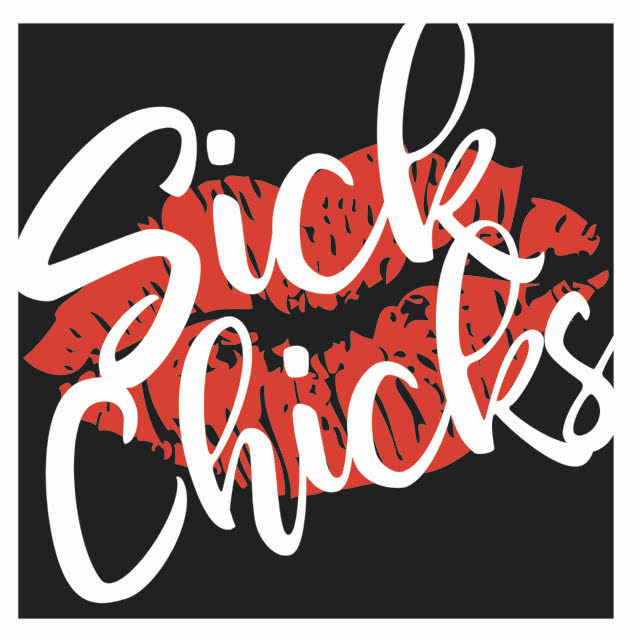My mother went in for a regular baby scan - and came out with a baby.
That’s usually how I start my story with strangers, and it is how I will begin it with you. As far as my parents were concerned, I was a healthy eight-month fetus, in a healthy body, with no problems at all. That did not end up being the case. I was born a month early via Caesarean - and came purple and tiny and screaming into the world. I spent a considerable time in an incubator (I was three pounds at birth, and most babies are around seven); eventually I went home with my parents.
Fast forward two years later, and my parents knew something was up. I wasn’t walking, and my left hand was often clenched. The doctor insisted I was just a slow learner; they weren't convinced and neither were my grandparents. Thanks to them, I was seen by a specialist, who stated something that was no doubt upsetting at the time.
I had suffered a stroke.
I was soon diagnosed with left-sided hemiplegia, a form of cerebral palsy, which means that my left side is weaker and smaller than my right. As a result, I tire easily. I don’t have full use of my left hand (I’m typing this one-handed, by the way). I limp because of leg length discrepancy, which in turn tilts my pelvis and strains my spine and joints. I’ve started using acupuncture and regular pain medications to deal with it. Five surgeries later, and I’m pretty sure this is as good as it gets.
I’ve always had pain. I view it as almost a shadow-self. It’s always there, lingering, even if it’s lesser today than it was yesterday. I became so used to it I never told anyone that it was there. It’s only now, in my early twenties, that I am confronting the fact that I am in pain. I’m disabled and it hurts. It has got worse year by year; often now I rest in bed during the day because it’s the most comfortable position I can find.
Yet because I never spoke about it unless I was physically sobbing with agony, I sometimes find that I am not believed. If you looked at me, you would not necessarily know that I am disabled. I hide it well; I’ve learnt to do so in a world that judges you for the slightest imperfection. It’s an instinct now. I have friends who never realized I was disabled until they saw me on a tired day and realized that I limp. They assumed I had a sore foot - which isn’t wrong, but I had to tell them what causes the sore foot.
Not that I mind. I’m happy to educate people about my condition, my disability. I firmly believe openness can help change attitudes for the better. I was diagnosed with depression and anxiety in early 2013, and, as with my hemiplegia, I am fighting to change ableist attitudes to both mental and physical illnesses, and I do so via social media and writing as best I can.
My body is nowhere near perfect. But it is my normal. It’s all I know. Unlike people who become disabled, I have no experience of a non-disabled body. I couldn’t tell you what it feels like to type with two hands, or carry heavy things, or dress myself in the morning without getting my damn panties in a literal (and I do mean literal) twist as I pull them up my legs. I can’t cut food like squashes or melons. Hell, I can’t even cut bread properly half the time. I still get frustrated beyond belief. I curse, I seethe, I sometimes cry. It makes me feel better for a bit. Only a bit. And then I’m back to being grumpy because guess what? It’s hard to be happy when you’re hurting or you feel inadequate. There will forever be a part of me that does.
I’m nearly twenty-three now. I’ve been disabled all my life. There’s no cure for it; you can’t cure something that’s fundamentally shaped both your mind and body while growing up. It would alter me. And I’m not sure I’d want that huge an alteration. I’m not sure who’d I be. The thing is, deep down, I like me. I like my brain, my spirit, my personality. I just have a body that grew as best it could after trauma. It’s a brave, stubborn, fragile yet strong body. It’s my body.
And despite my anger, despite my resentment -
I love it very much.
Image Description: A young woman with curly brown hair and glasses sits in a restaurant with teacups in front of her, smiling and holding her phone.


